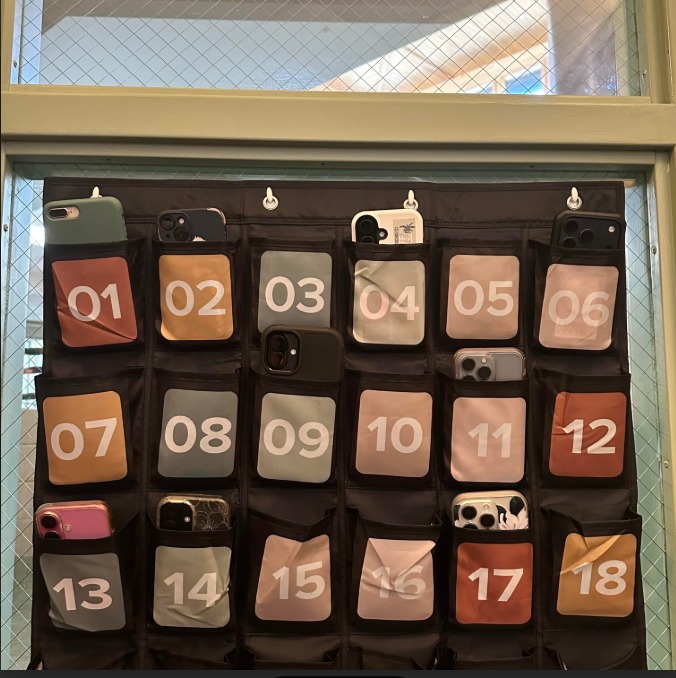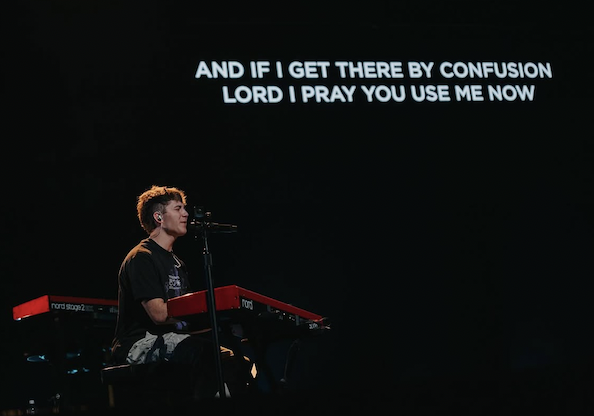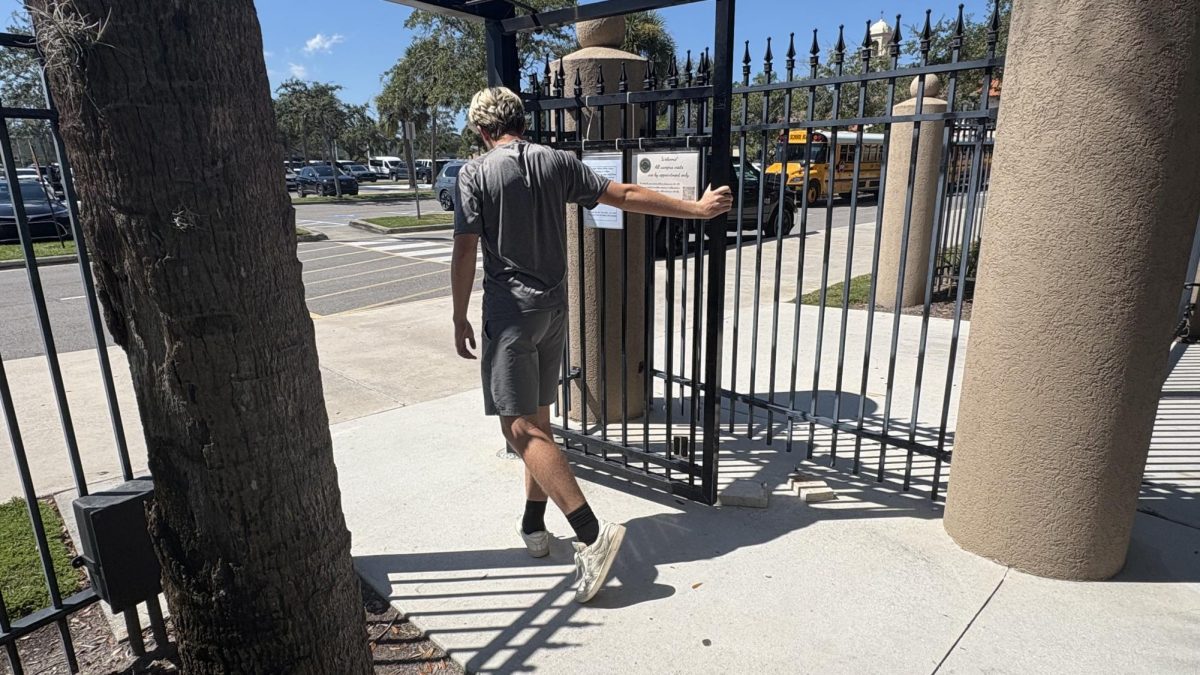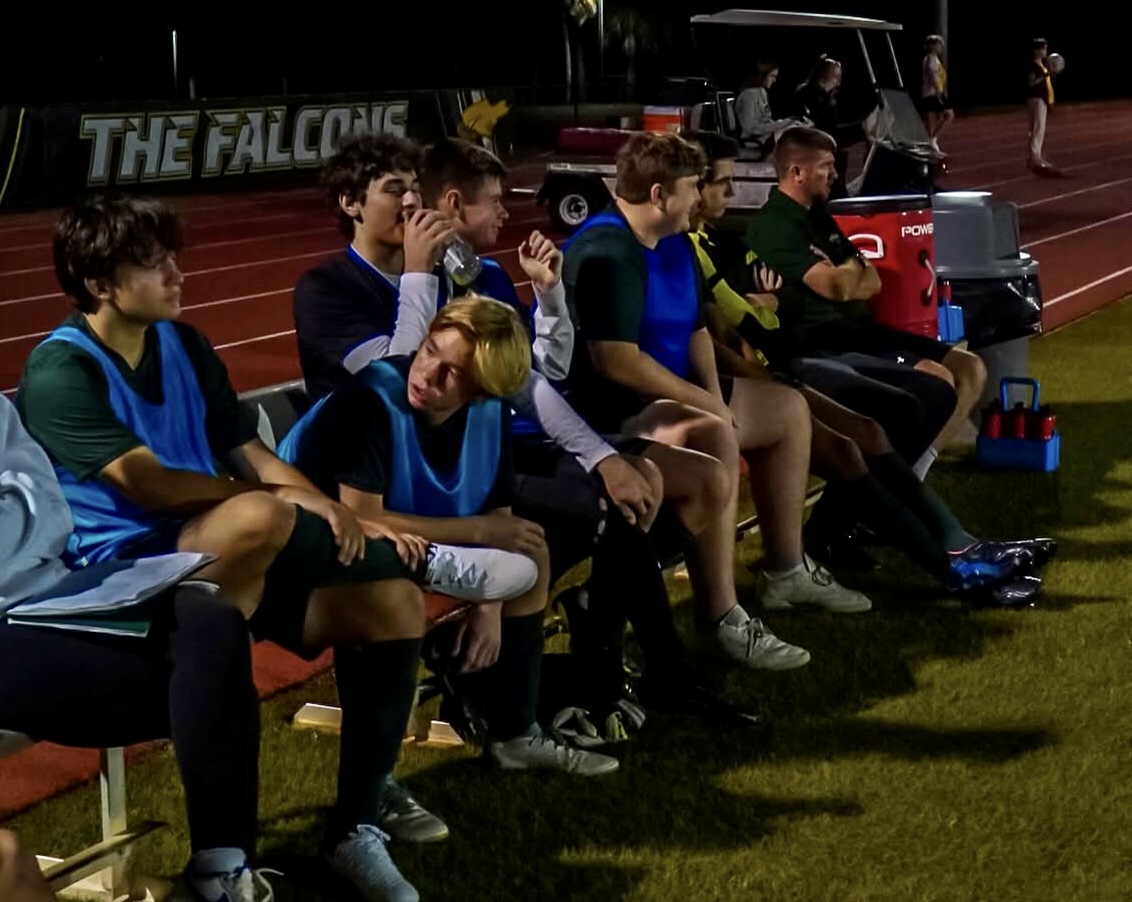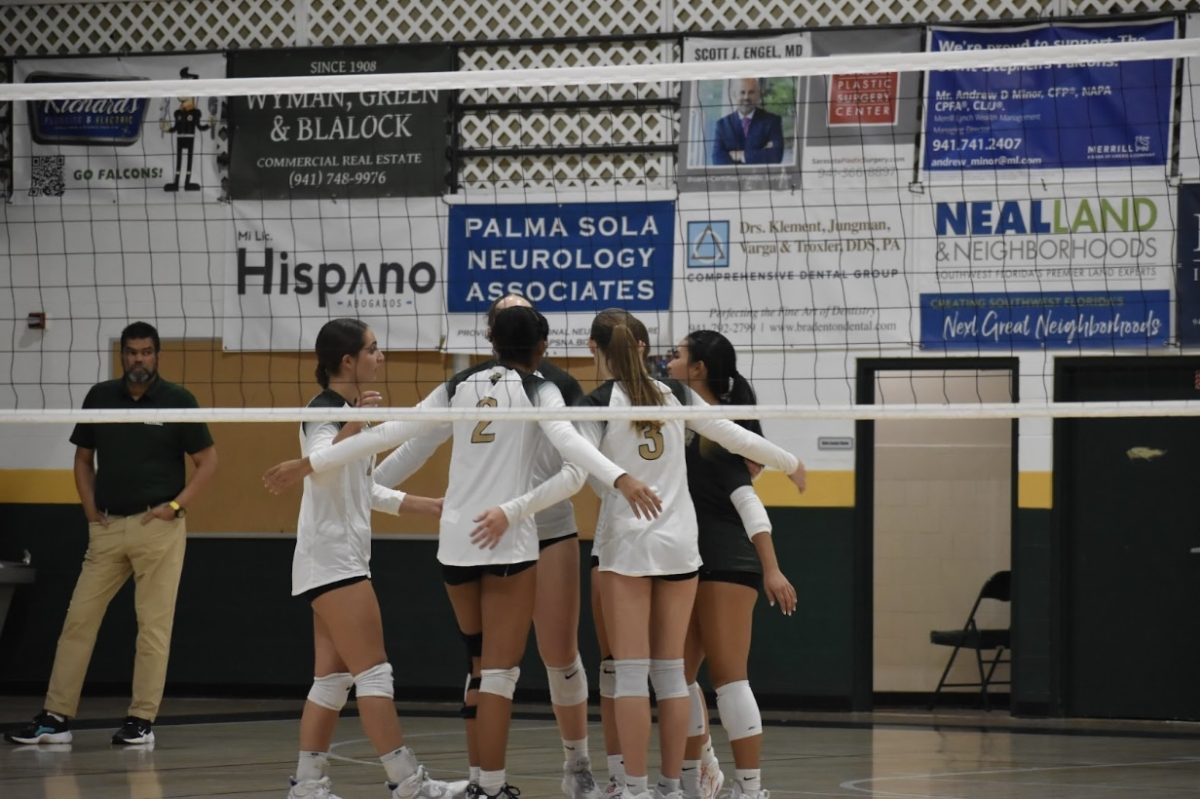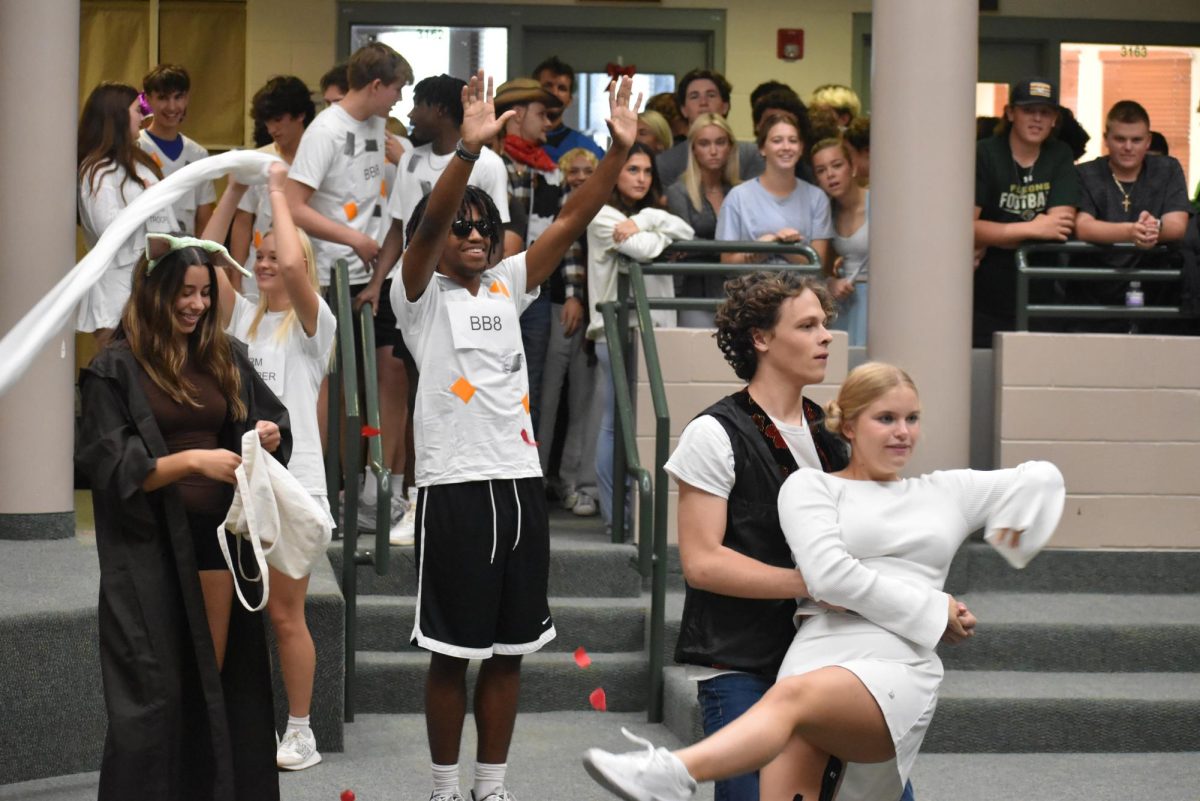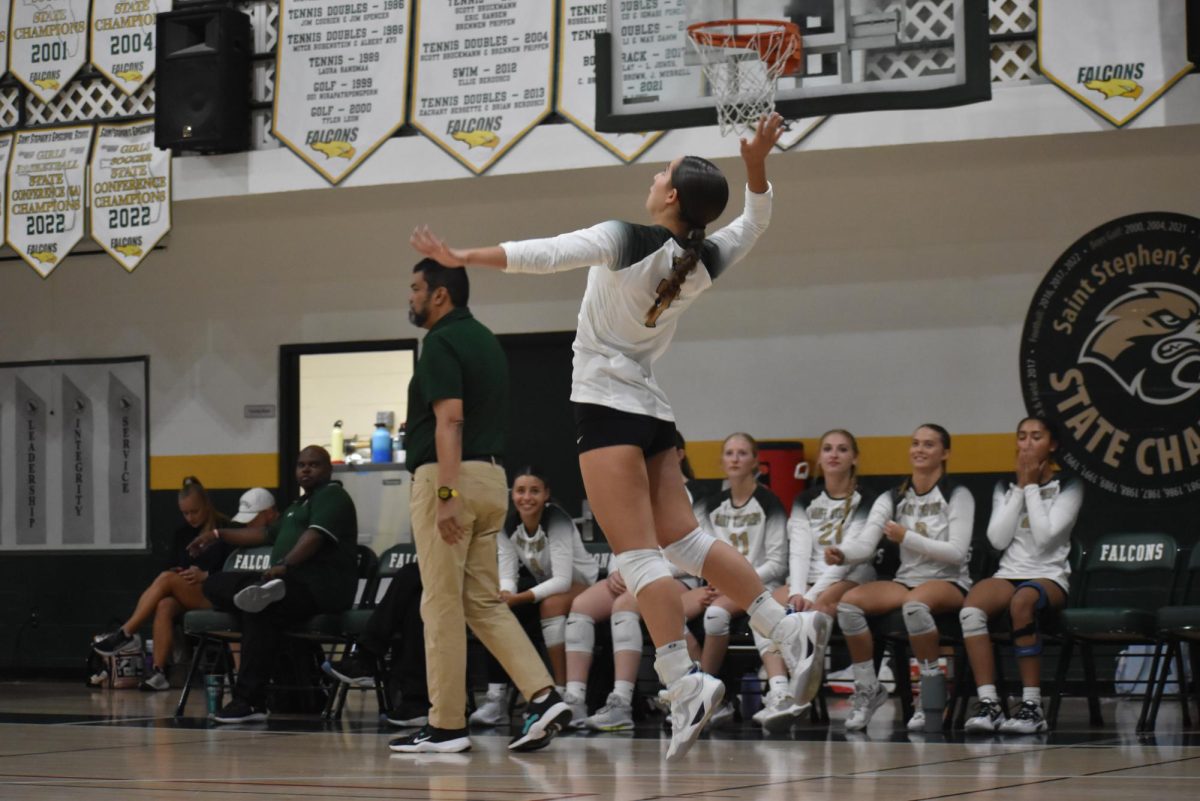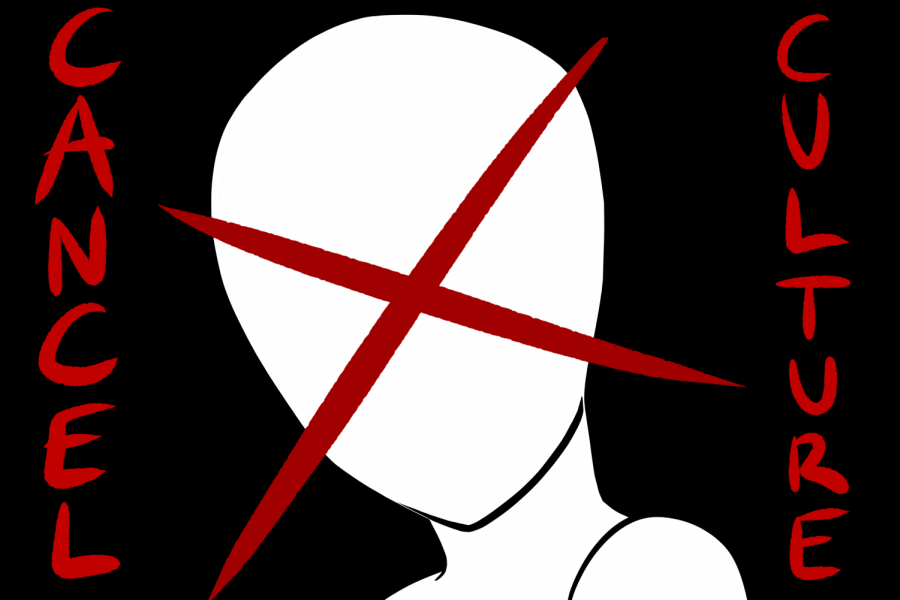Cancel culture needs to be canceled
Cancel culture has been confused with activism, but really, it’s just a distraction.
Cancel Culture is finding it’s way into our culture. And it’s time to stop it.
2020 has definitely been a unique year, to say the least. We had a global pandemic, looting/rioting in the wake of the Black Lives Matter movement, the Australian bushfires, deaths of beloved celebrities, and many other tragic events just in the past couple of months.
In the middle of all this craziness, one particular social norm that’s dominating the culture and dynamics of our country is something known as “Cancel Culture.” You’ve probably noticed the harsh, swift backlash (especially on social media) that many public figures, companies, and schools have received this year as a result of something they’ve said or done.
If you haven’t caught wind of Cancel Culture yet, here’s a quick rundown of what the phenomenon is and why it needs to be cut out from our society.
Dictionary.com defines cancel culture as “the popular practice of withdrawing support for (canceling) public figures and companies after they have done or said something considered objectionable or offensive. Cancel culture is generally discussed as being performed on social media in the form of group shaming.”
To build on that, the “cancelation” that starts online often leads to real-world ramifications later– for example, the loss of a job or reputation.
For example, recently, Ellen Degeneres got herself in some cancel-culture hot water after she compared quarantining in her multi-million dollar home to being in prison.
Unsurprisingly, she received some hearty backlash for this and the cancel label began to be thrown her way (she was also facing some backlash for creating an alleged “toxic environment” on her show).
Ellen is just one of many people and organizations that have been canceled left and right in the past couple of months.
Junior Summer Grady offered her viewpoint on this new form of public shaming: “I think that if everyday people like us used cancel culture on one another just like fans do to famous influencers, then we would all be canceled.”
“People jump too quickly to dislike someone for any small little mistake or something they’ve said,” she added.
There are countless cases of Cancel Culture in recent years, and one only needs to do a quick internet search to find them.
One particularly recent story is about an esteemed professor at the University of Southern California who is currently in the cancel culture spotlight after mispronouncing a Chinese word in a lecture that some students interpreted as racist.
Students accused Professor Greg Patton, a well-known-and-until-now a respected faculty member of USC, of mispronouncing a Chinese word that sounded “too close to a racial slur.” A few of his MBA students quickly perceived the Chinese word he used in his lecture to have sounded close enough to a slur to be offensive.
This, of course, wasn’t Patton’s intent and he certainly didn’t use the slur. But the simple misinterpretation resulted in Patton being placed on leave and potentially losing his job.
Especially during such a time of racial injustice, I can easily understand why these students are on alert. Our country is in a time of extreme social conflict after the murders of George Floyd and Breonna Taylor. But a simple misunderstanding should not lead to a person losing their career. .
There are real, serious racial injustices going on in the world right now, and small issues of perception should not get more attention than the issues that really need to be addressed and resolved.
Cancel culture is a distraction, plain and simple.
While some cancelations may be deserved, but many are not. So why is this happening to people like Professor Patton?
The majority of “cancelers,” it seems, are actually stuck at home behind a screen, online. Twitter, Instagram, and other media sources are the starting places, and it’s been proven that it’s a lot easier to take people down, whether it be cyberbullying or “canceling” from behind a screen than it is to do in person. And one of the dangers of cancel culture is how easily people hop on the trend. Internet participation on a site like Twitter can cause a mob mentality that may ignore facts or make a big deal out of things, causing someone to be canceled practically overnight.
Unfortunately for most of the people on the receiving end, cancel culture has become pretty successful when it comes to ruining a reputation. Once word gets out that a person has made a “mistake,” it’s almost as if there’s an invisible “canceled” tattoo branded across his or her forehead.
One thing that’s for sure about cancel culture is that it is not “activism” as much as some of these Instagram influencers try to make it. Activism implies using positive influence in the community to bring political or social change. Immediately dismissing someone’s ideas because you don’t agree with them, or because you interpret them in a certain way that may not have all the facts, is neither positive nor an effective way to bring change.
Conflicts don’t get resolved unless both sides have fully expressed their opinions, respectfully, and come to an agreement that you may not see eye to eye, but are able to respect each other in spite of it. But so many people today are so close-minded when it comes to political issues they may not agree with or finding out the whole story.
Think about it: if everyone were to be canceled after one offensive action, or one mistake, or one unpopular view, then soon enough, everyone would be unemployed and canceled. If this doesn’t scream out the definition of toxicity then I don’t know what does.

Ansley Morris is an Associate Editor in her third year on the Gauntlet staff. She’s a senior who enjoys going to the gym, cooking, and going out on the...

Evanthia is a third-year Creative Director on The Gauntlet. She is a senior here at Saint Stephen's and likes drawing, playing Genshin Impact, and hanging...


